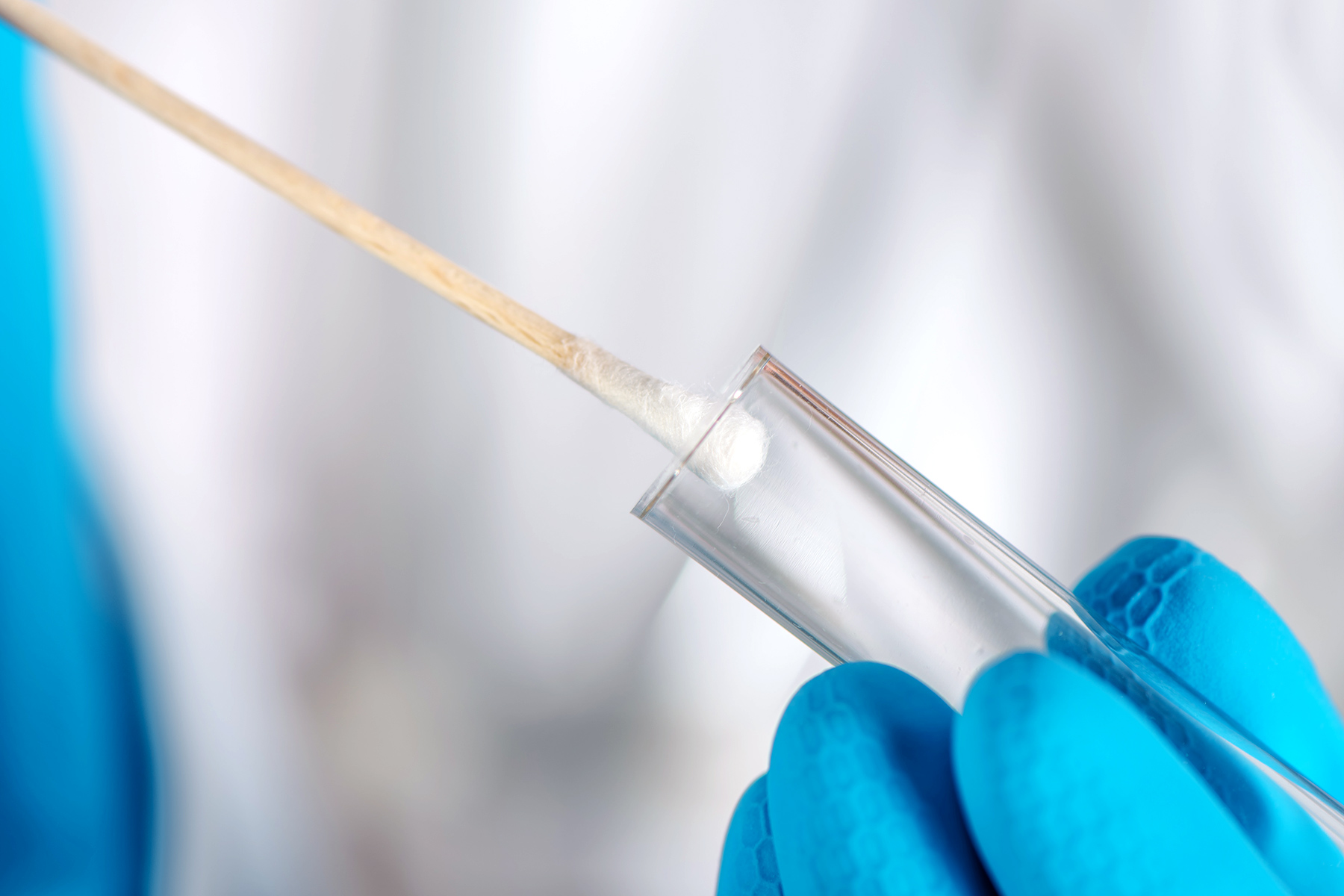Why A Negative Test Doesn’t Rule Out COVID

Oct. 3, 2020 — Since the recent presidential debate, at least 11 people involved in the event have tested positive for COVID-19, raising questions about how the virus could have run rampant there despite precautions, which included testing for everyone who attended.
The Cleveland Clinic supervised the event. In a statement issued Friday, it said it had requirements to keep a safe environment that aligned with CDC guidelines — including social distancing, hand sanitizing, temperature checks, and masking. “Most importantly, everyone permitted inside the debate all tested negative for COVID-19 prior to entry. Individuals traveling with both candidates, including the candidates themselves, had been tested and tested negative by their respective campaigns.”
It’s not clear what kind of tests were used by the candidates, but the White House has reportedly relied on the Abbott ID Now test in the past, which it uses to screen visitors and the president daily.
Rapid tests like ID Now are convenient, and they can return results in as little as 15 minutes, but they are not as accurate as the gold-standard PCR tests, which require lab processing and return results in 1-2 days.
The FDA warned in May that the test could return false negative results. Studies have found that the test misses between 1 in 3 and 1 in 7 of positive cases.
The FDA advised that anyone testing negative on the ID Now have their results confirmed with a different testing method. It’s unclear whether the White House has been doing this confirmatory testing.
Tests miss COVID cases for a variety of reasons, says Isaac Bogoch, MD, an infectious disease specialist at the Toronto General Hospital Research Institute.
“Sometimes the sample isn’t collected properly. Sometimes there’s a problem with the device, and someone might be positive but not shedding the virus yet. Those are some reasons that come to mind,” he says.
After the virus that causes COVID-19 enters the body, it has to penetrate our cells and corrupt their operating instructions so it can churn out more copies of itself to infect more cells and make more copies. It takes a few days for this copying to happen enough to be detected on a test.
For COVID, it takes about 3 to 5 days after infection for someone to make enough copies to be picked up by a test. There appears to be a small window, maybe as short as hours, when a person is shedding the virus and infectious, but doesn’t yet have enough virus in their body to be detected by a less sensitive rapid test. If a person is tested while they are in this window, their case would be missed.
That also means that more people who attended the debate may test positive in the coming days.
“They’re not out of the woods,” Bogoch says, even if they tested positive at first, as Biden has. For that reason, he says anyone who’s been exposed to COVID should follow CDC guidelines to quarantine themselves for at least 14 days.